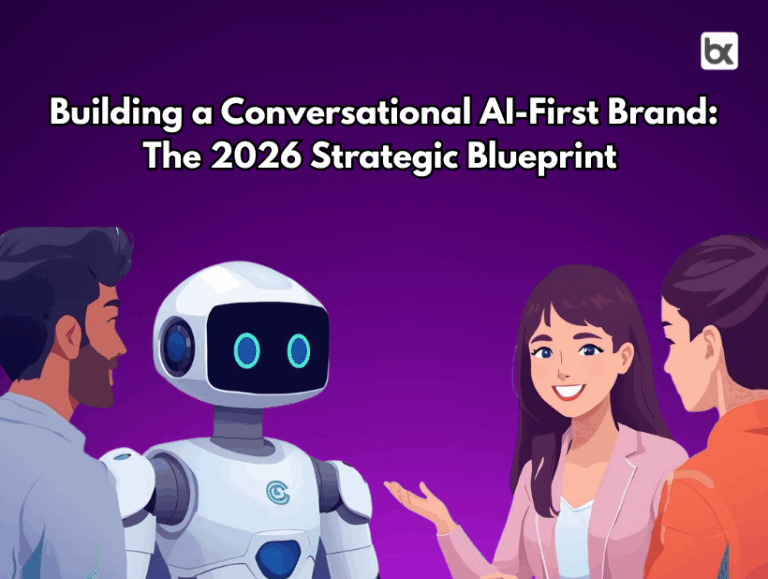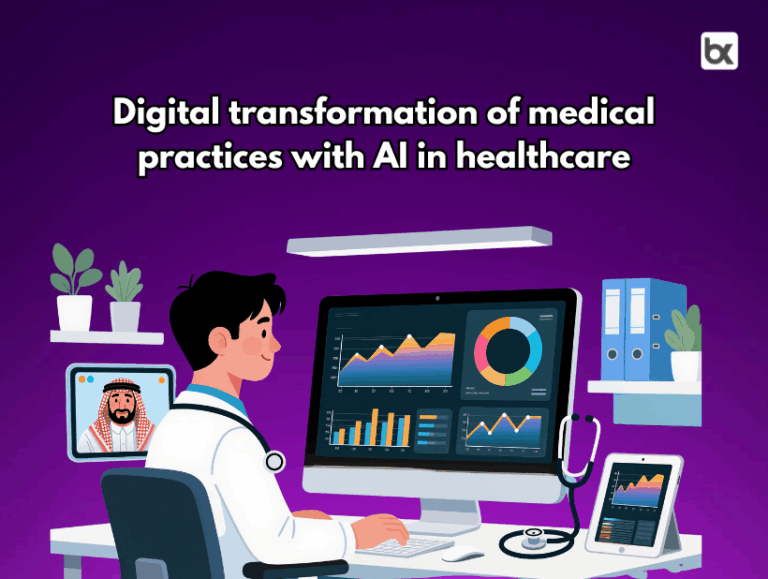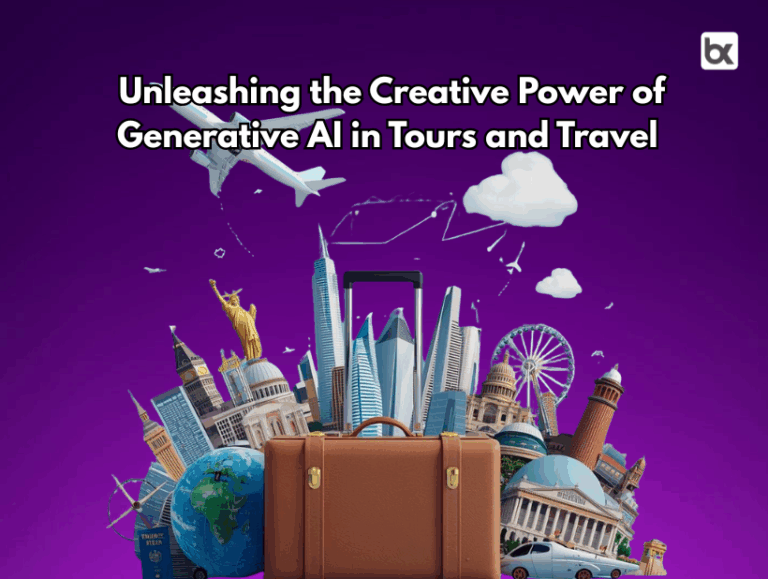Why an AI Chatbot for Business Will Be in Every Company
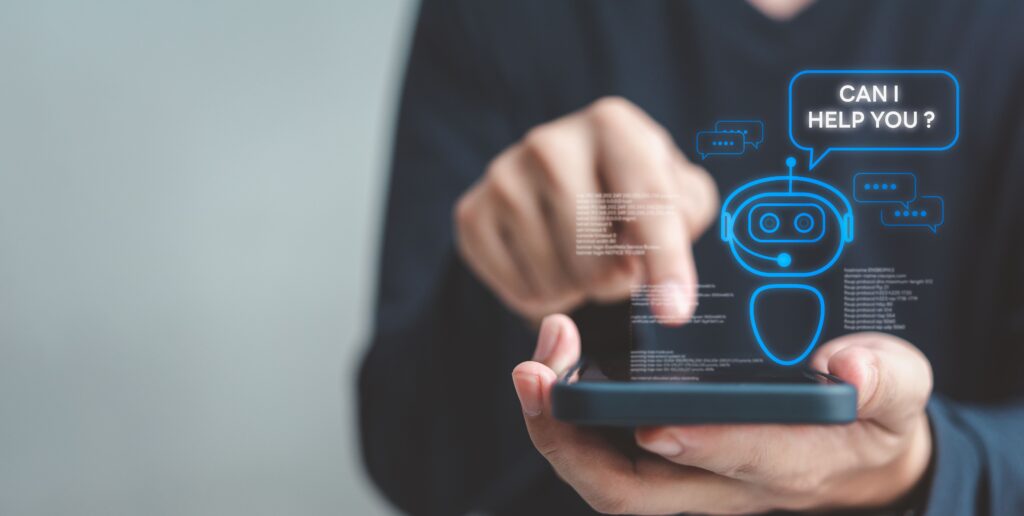
Why AI Chatbot for business Will be the First Employee in 2030
In 2030, the way businesses hire employees will change dramatically. Businesses will hire an AI chatbot for business as their first employee instead of hiring a receptionist, customer service representative, or sales assistant.
Chatbots are not add-ons anymore. They are becoming part of the organization and how they operate, especially in an environment that prioritizes automated, fast, and personalized experiences. A chatbot for business is becoming the digital employee that works 24/7 through any interaction whether it is a customer asking a question, making an inquiry for a lead, or managing an ongoing, routine business operation.
The First Employee of the Future
Historically, startups and small companies would hire one person to be a jack-of-all-trades, that person would answer the phones, handle the inquiries and keep the wheels turning. By 2030, those tasks will be performed by a chatbot.
A chatbot for business will greet website visitors, engage leads and will provide 24/7 business support service. Unlike a human, it can engage hundreds of times at once and continually learn the more it is used and engaged.
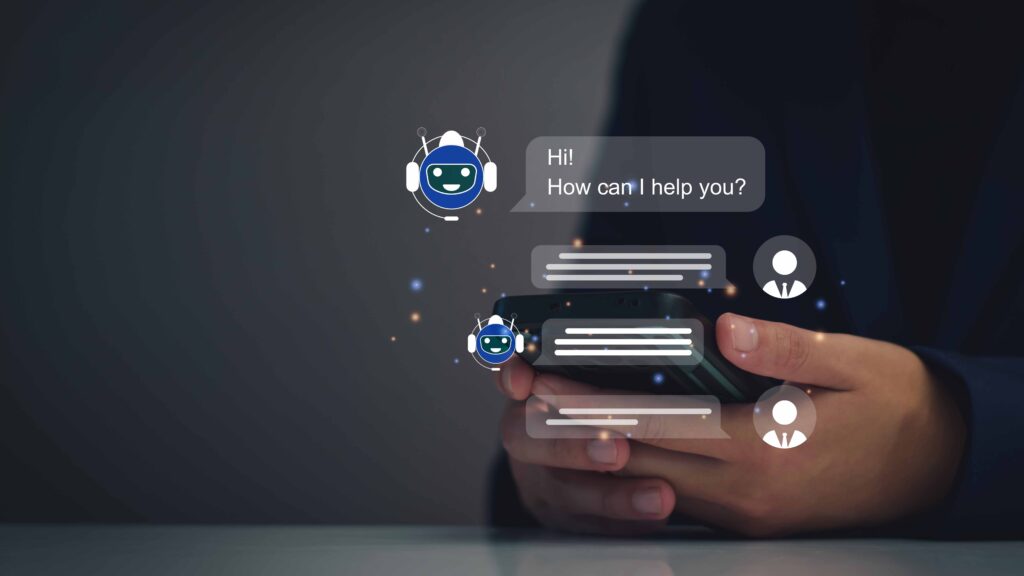
Why AI Chatbots for website Are the Perfect Fit
1. Always on and Always Available
When customers do not receive a timely response, businesses are potentially losing opportunities. A business chatbot functions 24/7, ensuring that no inquiry goes unanswered. For a startup wanting to stay top of mind, that level of trust and reliability is indispensable.
2. Cost Effective Business Support Service
Beyond salary, hiring a full-time employee typically involves training and overhead costs. On the other end, deploying an AI business chatbot instantly scales your ability to respond to inquiries at a fraction of the price. For small businesses, it is like having a first hire that never tires and pays for itself.
3. Versatile and Flexible
Today’s chatbot is not limited by a script of responses. The chatbot is capable of qualifying leads, making bookings, in conjunction with CRM systems, and assisting with internal workflows. As a form of business support service, it is flexible to play whatever role the business needs most.

The Role of AI Chatbots for Businesses and scaling:
As companies grow, their first employee, the chatbot, can scale with them. Instead of replacing it, businesses simply expand its capabilities. For example:
- A retail startup might begin with product FAQs, then expand to inventory management.
- A consultancy could use it for lead capture, then extend it to appointment scheduling.
- Healthcare practice may start with patient queries, then integrate reminders and follow-ups.
This adaptability makes the AI chatbot for business more valuable than a single-role hire. It evolves with the company, bridging gaps until specialized teams are built.
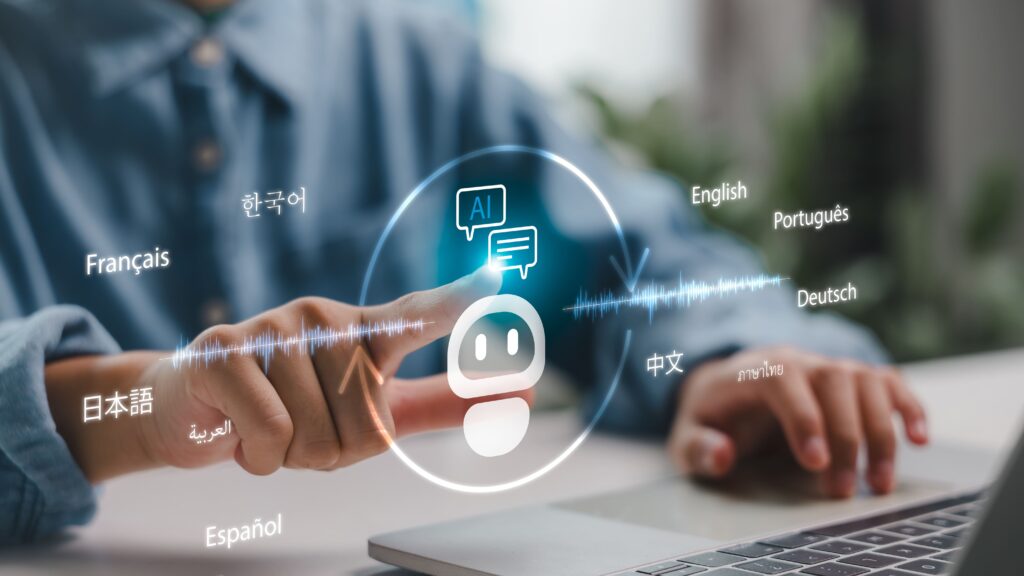
From Customer Service to Business Core Support Service
The changing definition of chatbots has advanced from “customer service tools” to business support service. By the year 2030 we will see:
–Integrated workflows: Chatbots are working inside the human resources, finance, and sales systems
–Predictive assistance: Bots predicting customer needs before they are expressed
–Personalized interaction: Personalization on a deeper level using a customer’s behavioral data and previous conversations
–Cross-platform organization presence: Seamless interaction moving from online, social and apps
In this function, the chatbot is not simply a frontline responder to service requests; it is a resource that informs and enables all aspects of the business.

Real-World Examples of AI Chatbots for business as Digital Employees:
- Retail and e-commerce: Brands like H&M and Sephora already use AI chatbots to handle product discovery, order tracking, and customer service at scale. These bots act as digital store associates that never clock out.
- Banking and financial services: Banks like Bank of America introduced chatbots such as Erica to help customers manage accounts, pay bills, and receive financial insights. The chatbot functions as a digital banker available at all hours.
- Healthcare practices: Clinics deploy chatbots to schedule appointments, answer FAQs, and even provide basic triage. For small practices, these bots are effectively the first employee that handles patient engagement.
These examples demonstrate how an AI chatbot for business already operates as a digital employee across industries, paving the way for widespread adoption by 2030.
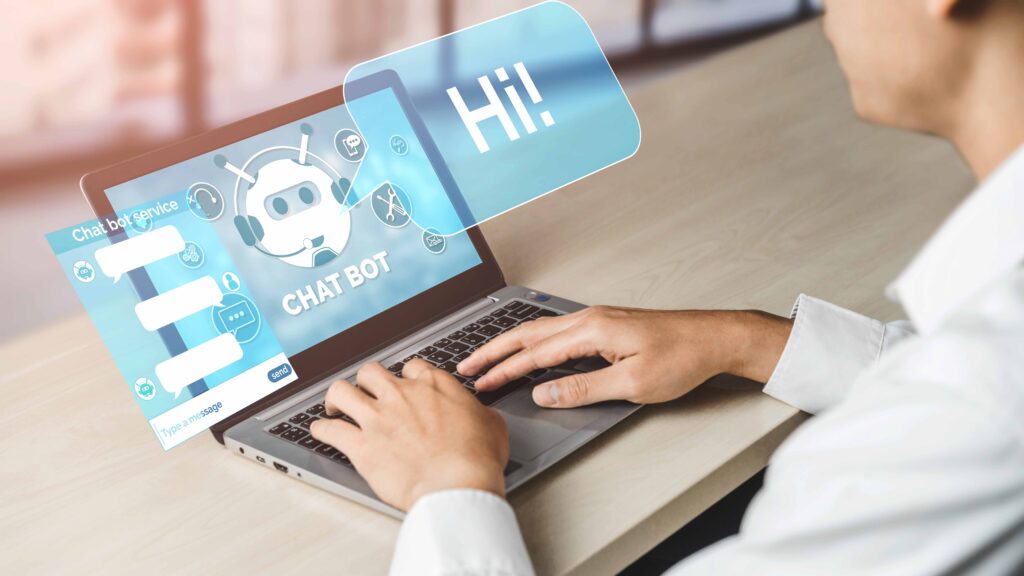
Why 2030 Will Cement This Shift
Several trends make 2030 the tipping point:
- AI Maturity: Natural language processing and generative AI will be advanced enough to handle complex, human-like conversations.
- Customer Expectations: People already expect instant service. By 2030, waiting will feel unacceptable.
- Workforce Costs: Rising hiring costs will push small businesses to adopt automation early.
- Digital-First Operations: With more business happening online, a chatbot for business becomes the natural entry point for customer interaction.
How botxpert Works
The idea of every company having a bot as its first employee is no longer trickle-down vision. Bots, like botxpert, can make this a reality today. With no-code, pre-built templates and enterprise-grade functionality, botxpert provides any size company an opportunity to deploy a bot for business without developers.
Instead of waiting months to hire and train staff, companies can implement an intelligent business support system in hours. botxpert provides teams with the capacity to scale conversations, automate workflows and deliver consistent customer experiences. This makes botxpert the ideal first employee for the modern business.
Start for free. Launch in minutes. Let your website talk.
Try botxpert today and build your ideal website chatbot.
check out our other blogs to know more. blogs.botxpert
